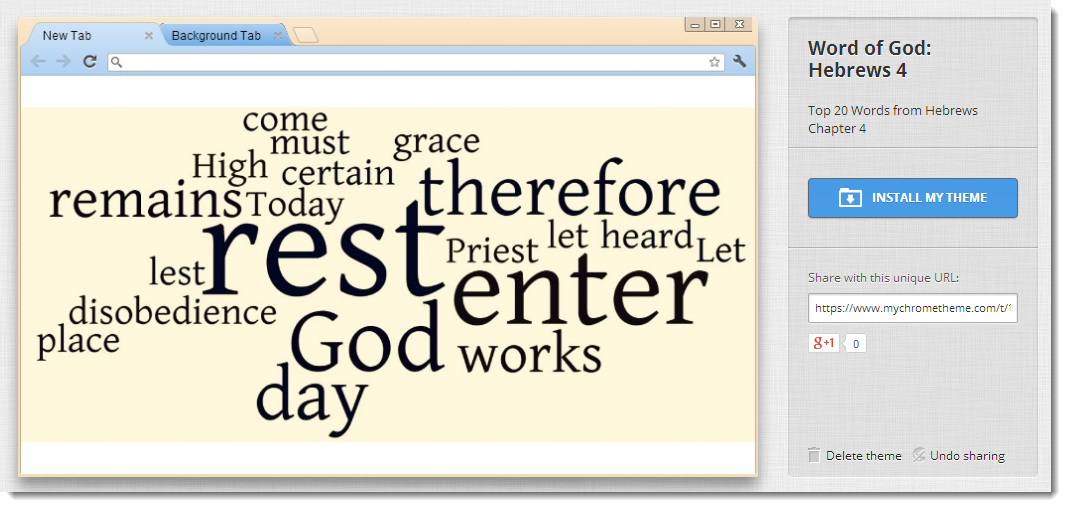- Who is Stephen?
- How Was Stephen Chosen?
- Why is it important to remember of Context of Acts Chapter 6?
- What can we learn from Stephen?
- What is the point of the historical account Stephen Gives?
- What is the Gospel?
- How should we proclaim the Gospel?
- How did Stephen declare the Gospel to the high Priest and Council?
- What themes did Stephen use?
- Does he proclaim Jesus of Nazareth as the Savior?
- Should we consider this a seeker sensitive or friendly message?
- How do Steven’s actions encourage you?
The God of Glory- Answering the tainted question by proclaiming the God of Glory, silences the accusers in the strongest possible way. We have already been told the Spirit of Wisdom (Acts 6:10) is given to Stephen, there is no reason to believe anything has changed here.
The essential statements given are all focused on God and Gods interactions with the Jews. Beginning at Abraham, before the “covenant of circumcision” has been given; the God of Glory was initiating and establishing His will and purpose in the history of the Jews.
This is seen in the choice to start the Historical narrative before Moses with Abraham, and before the covenant sign, which had by this time become a point of contention between the follows of Jesus and the Judiazers. This is very important in the argument presented. God does whatsoever he will, even tell Abraham, that the descendants would be enslaved, and He would exact vengeance from the people that enslaved them. God was God before there were Jews, and He is still God at the disbanding of the unique relationship of one particular people, and the establishment of the Messiah, and particular people of every tribe tongue and nation.
Next Stephen points out the behavior of the Jews from their own history. When God favored and blessed one above another, those not chosen persecute the chosen and this is the summary of the stories which follow.
Also, God does what seems hard or even completely opposite to what men might think God would do for his chosen people. He enslaves Joseph, who is persecuted, jailed and then placed into a position of power. Meanwhile, He exposes the Patriarchs to famine, thus driving them to the one they once persecuted.
By means they never could have dreamed of, God supplied the needs of his people, and set in motion the promise of enslavement for all the people. And through this enslavement, Moses is introduced and the same themes are repeated.
The common thread is the Promise of God, the promises made to Abraham fulfilled, in a way that the chosen of God did not accept and rejected until by the forceful hand of God, the truth was revealed and none could contest the outcome.
Such is the story of Joseph and Moses. We might discuss the failings of these men. Pride followed by humility, bitterness by repentance, disobedience and then obedience.
But the thread leads to the accusation Stephen is leading to (v. 51) is bound up in Verse 37:
“This is that Moses who said to the children of Israel, The Lord your God will raise up for you a Prophet like me from your brethren. Him you shall hear.’
It’s important to note that Christ has not been mentioned by name in this proclamation, He will not be. The closest Stephen comes is later in the passage, where calls Christ the “Just One!” Ultimately, the point is the God of Glory has said this was going to happen. The Just One has come. Acts 3:14, 22:14. Zac 9:9. Romans 5:1. 1 Cor 1:30. 1 Pet 3:18. 1 John 2:1. Rev 3:7.



